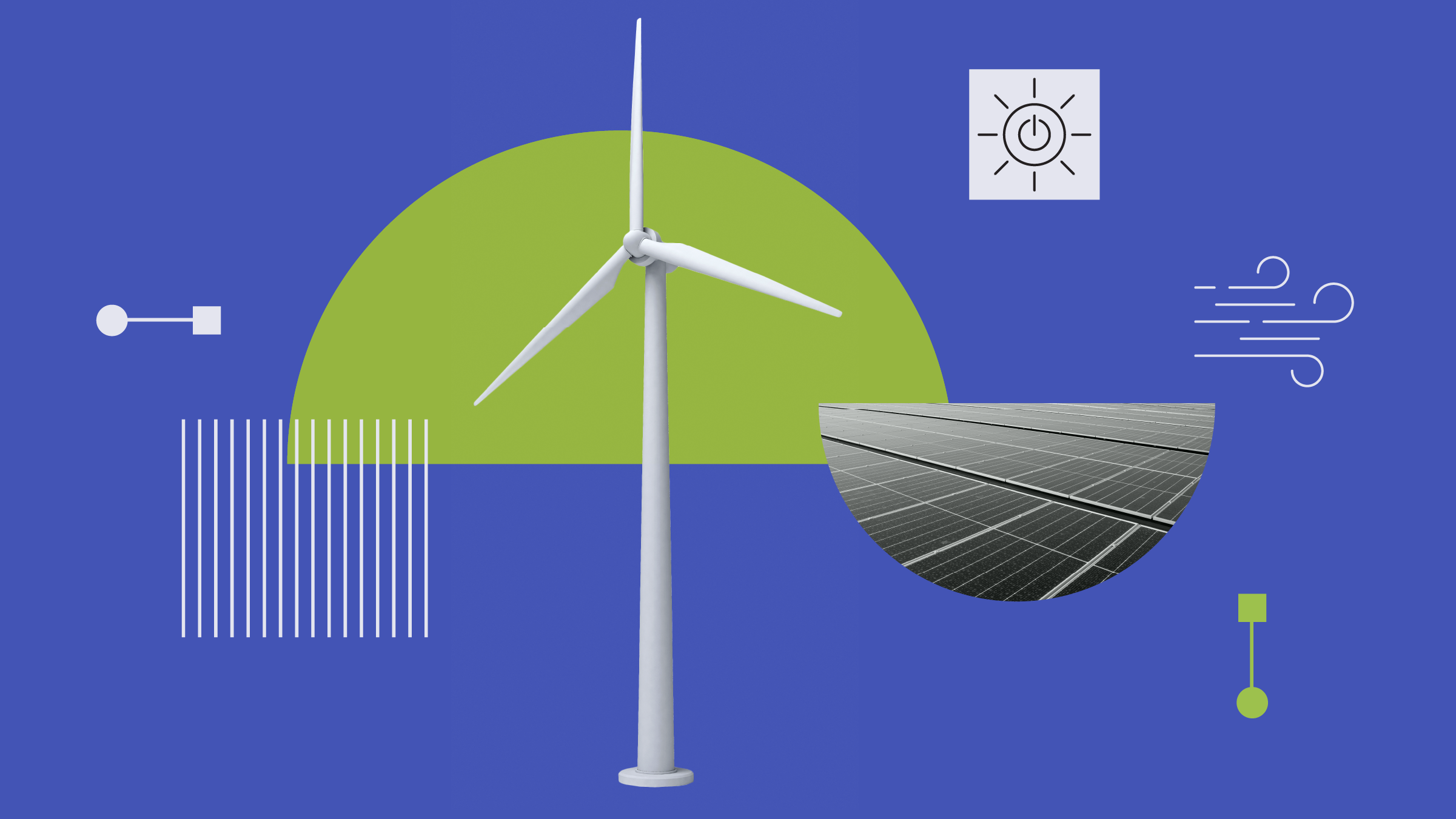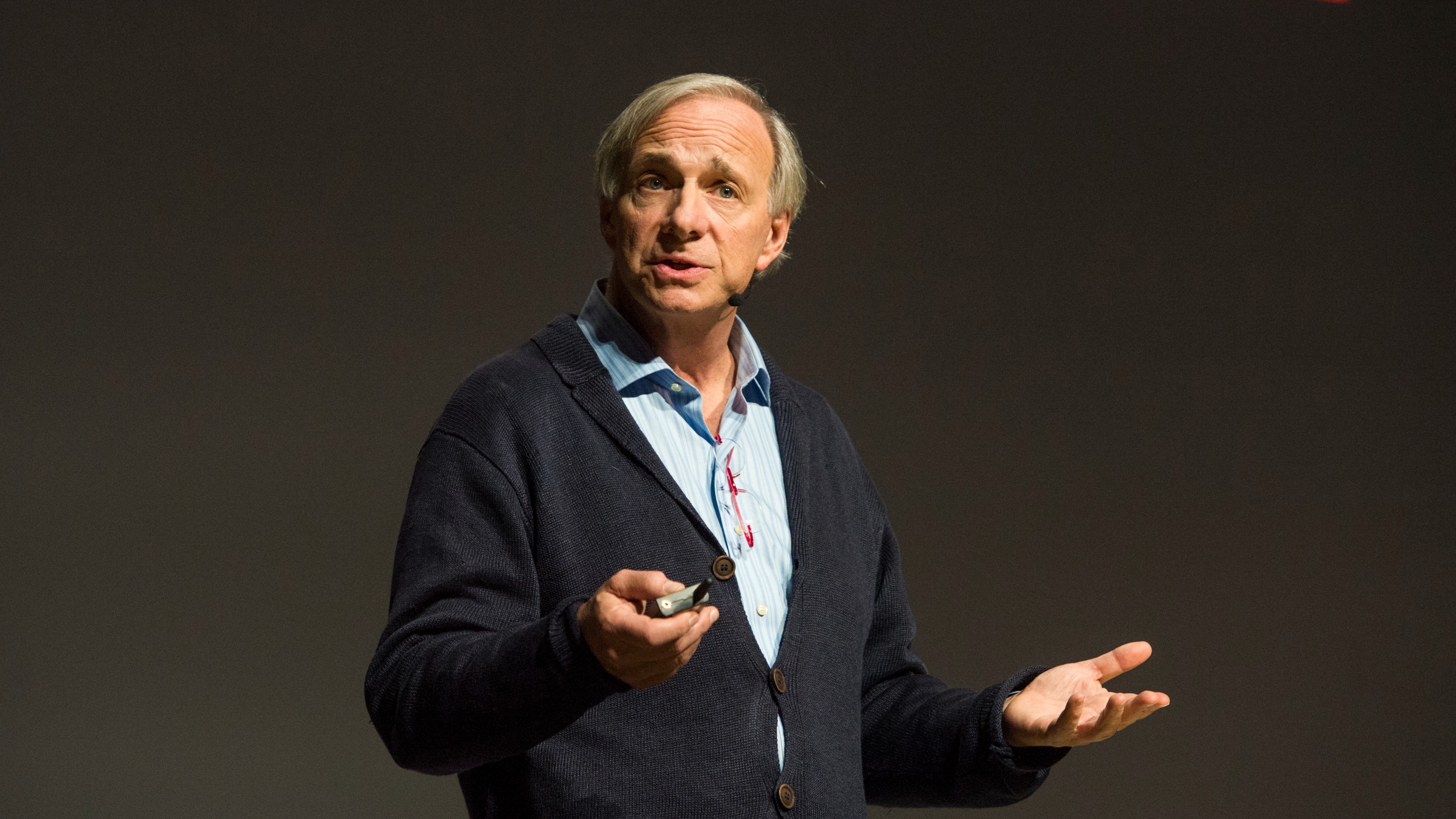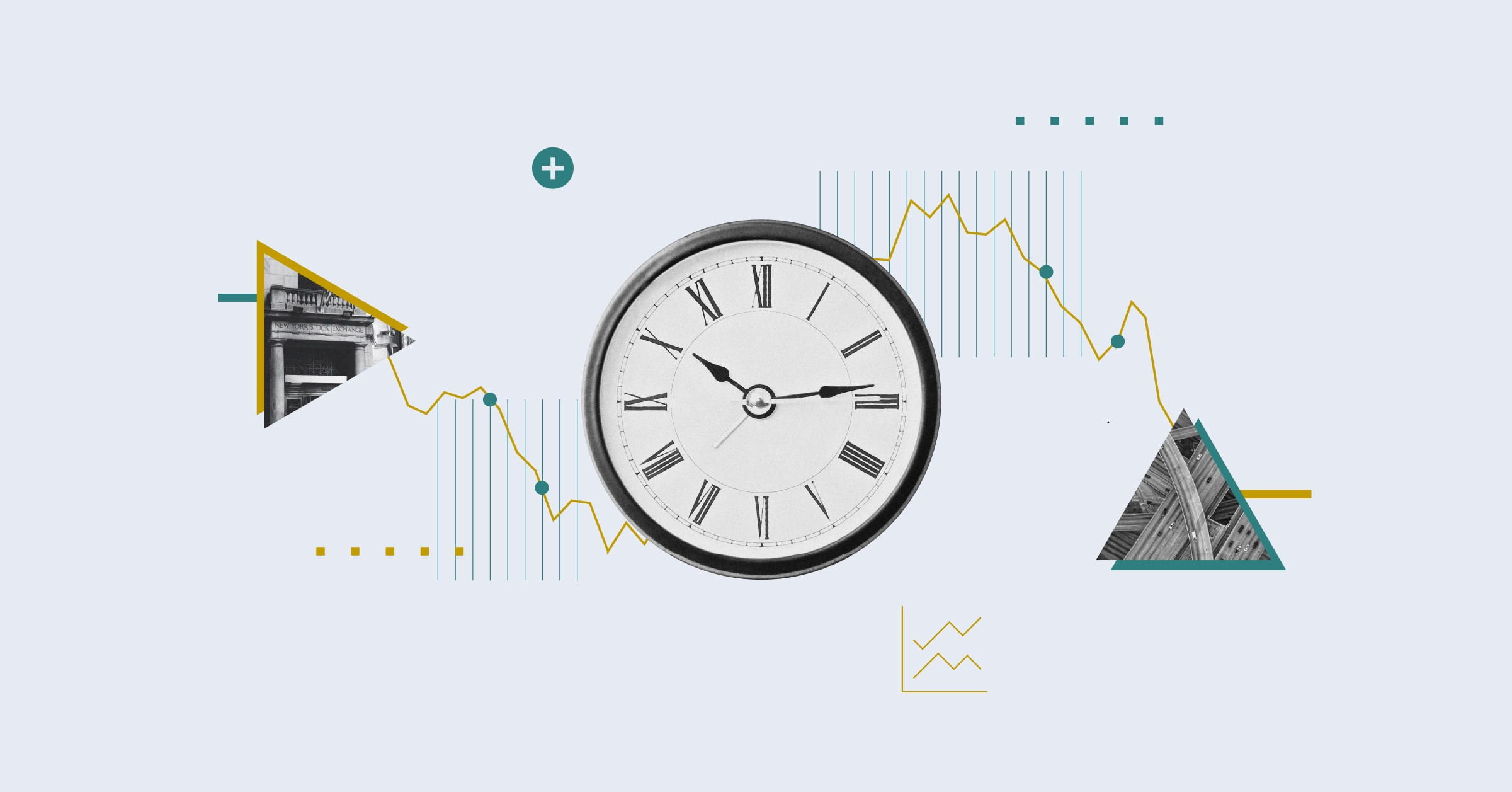This article is part of Morningstar's Guide to Financial Education
Emma Wall: Hello, and welcome to the Morningstar Series, 'Ask the Expert'. I'm Emma Wall, and here with me today is Alan Higham, Retirement Director for Fidelity.
Hello, Alan.
Alan Higham: Hello, Emma.
Wall: So why is saving for retirement so important?
Higham: Well, it is really very important because people will not just want to live on what the state will provide for them. And for somebody who is maybe 30 years away from retirement today, they could probably look forward to the state, allowing them to retire in their early 70s with an income in today's money of around about £8,000 a year assuming that the government doesn't cut it back any further. So that really is probably just enough to keep you alive but not enough to give you any sort of reasonable standard of living.
Wall: And of course, because people are living longer, at 70 you'll probably still be raring to go, want to fulfill your ambitions socially, maybe even want to continue to work for a bit. So you need more than – well, at the moment £100 a week, don't you?
Higham: Well, that's absolutely right. And people will want to stay in work. So it's not all about just saving a massive pot up and then starting to take it as soon as you stop work. Quite possibly, you will want to carry on working and earn some money to supplement the State Pension. But your ability to work in retirement isn't guaranteed. And so, it's essential to have something to fall back upon because we don't know what the futures holds. So, I'd strongly recommend that everybody start saving a little bit as soon as they can possibly afford to do so.
Wall: And what vehicles can we use for this safety net?
Higham: Well, the best way to do it is with your employer. If your employer is a large one, above sort of 80 employees at the moment, they must offer you a workplace pension. And over the next two years, all employers, even small businesses employing one or two people will offer you a workplace pension that crucially your employer will pay into. You will be automatically put into that pension scheme and, indeed, you will have to opt out and that really is like turning down a pay rise from your boss. So unless you've got an extremely good reason to do so, I'd encourage people to stay in and start the saving discipline. Put a little away now. Put a bit more away as and when you can.
Wall: And there's also a third contributor to this workplace pension, isn't there, and that is the government also giving you this free cash basically?
Higham: Yeah, that's absolutely right, because if you weren't paying into a pension, you'd have more wages that were suffering income tax. Your contributions get full relief from income tax. So if you are a 40% taxpayer, you avoid paying 40% tax on your pension contribution, the chances are, when you come to take it, you probably only pay 20% tax. So, it's really a very beneficial tax break that everybody should take advantage of.
Wall: And other the workplace pensions, what other pension schemes can individuals use to build up that retirement pot?
Higham: Now, for many individuals, they aren't actually formally employed; they might be in a partnership, they maybe self-employed, sole traders, they have to take responsibility themselves and set up a personal pension. And the most common one is the self-invested personal pension (SIPP), and they are very low cost today, very accessible online, and you can choose whatever investments you like. So, it needn't cost a fortune to start. You can save a very little amount each month and make a real difference to your retirement.
Wall: And with these SIPPs, of course, you're not getting employer contributions, but you are still getting that tax relief?
Higham: Absolutely, Emma, you are. You are still getting the tax relief. It works slightly differently if you're a high rate taxpayer, because when you contribute, say, £80 into it, the government automatically adds it up to a £100. So that gives you your basic tax relief back. If you are a high rate taxpayer, you have to claim the extra tax relief by yourself by filling in your tax return. Sadly, quite a few high rate taxpayers don't realise this and don't claim it back. The Inland Revenue actually benefits from quite a lot of unclaimed tax relief here.
Wall: And what about the rules changes? Because we've heard rumours that things – allowances are being reduced. What should people do about that?
Higham: Yes. There is a constant debate about the generosity of pension tax relief that favours high rate taxpayers. And a number of political parties have made noises about limiting that in the future. So, there is a general election coming up in May next year. I don't expect anything to change before then, but after then, things might change quickly. So, people could choose to make more pension contributions sooner. If you haven't made contributions in the past, you can use unused allowances and make bigger contributions now.
Particularly, the over 55s could think about the balance between ISA and pension, because under the new rules next year, over 55s can access their pension very freely. So they are not locking it away, so that they can't access to it. So, balancing the tax relief on pensions, versus the flexibility, is one thing that I'd encourage over 55s to think again about in the on the ISA versus pensions debate.
Wall: Alan, thank you very much.
Higham: Pleasure.
Wall: This is Emma Wall for Morningstar. Thank you for watching.





























